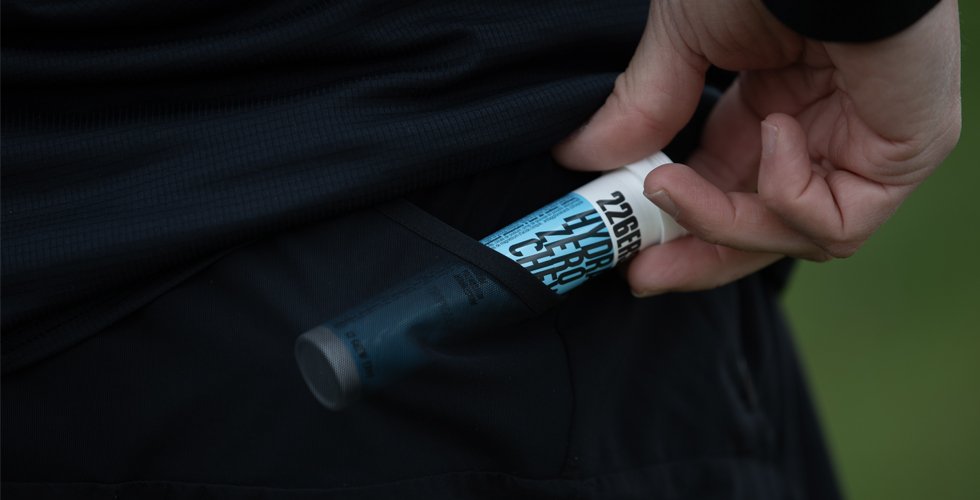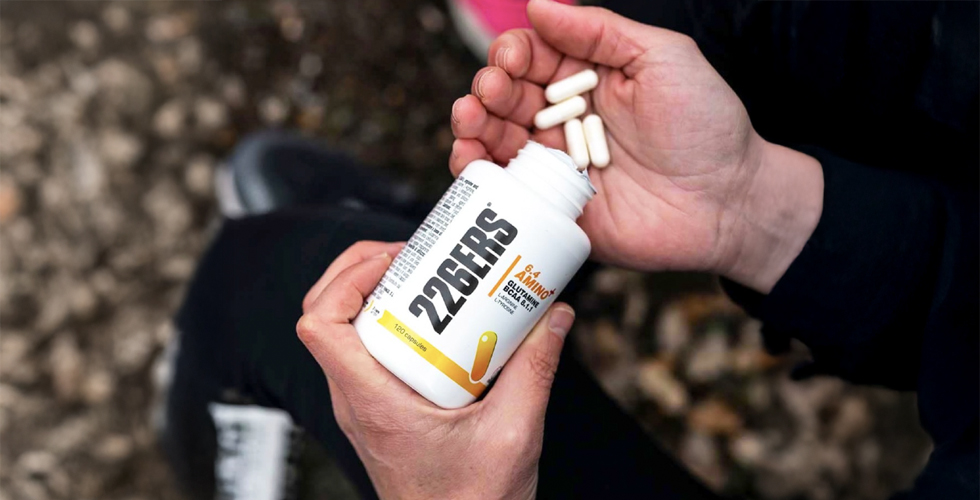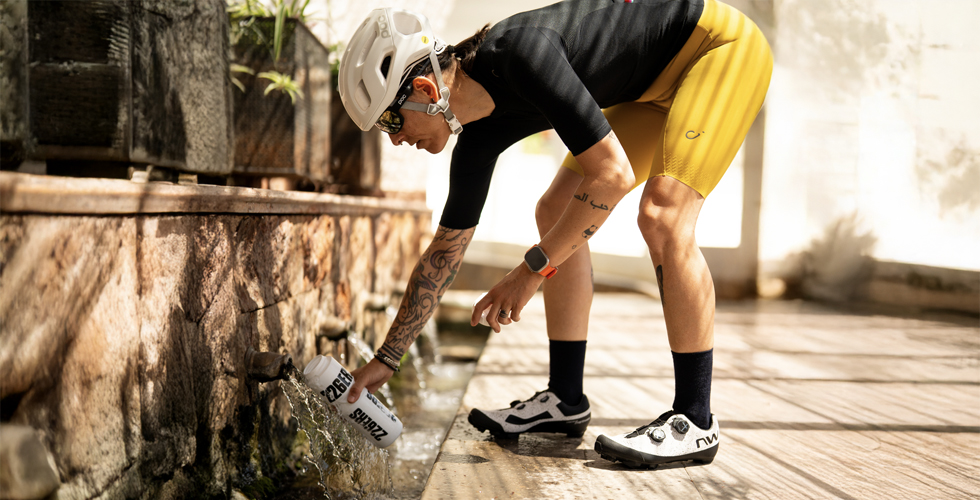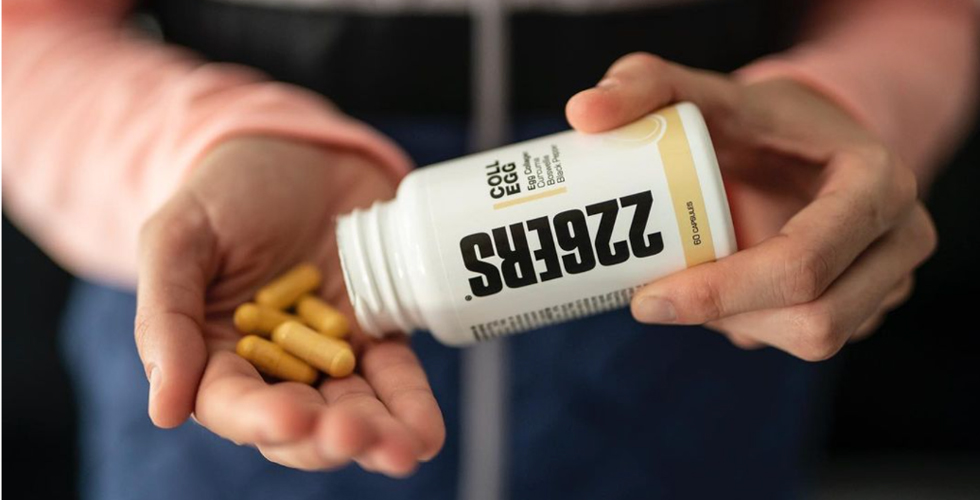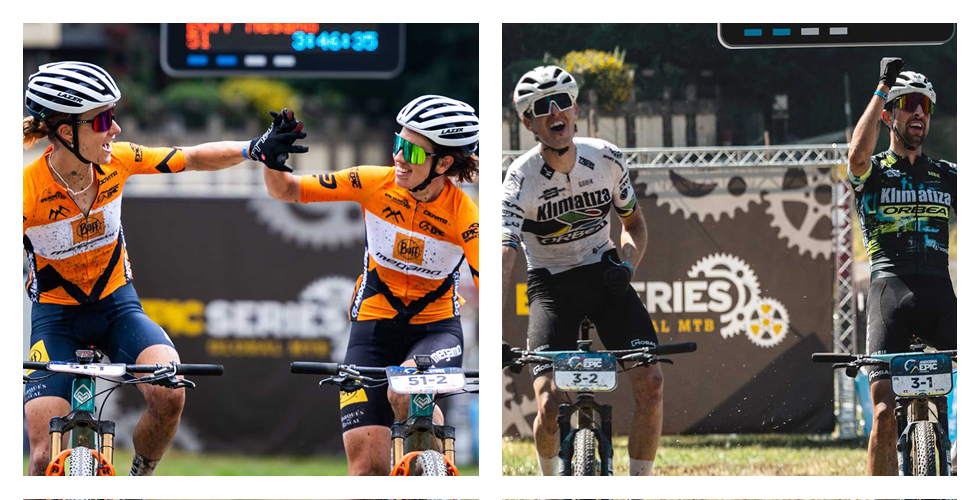Tabla de contenidos
ToggleA proper hydration is a key foundation in sports performance, especially in long distance races such as marathons, triathlons or cycling events. Dehydration not only compromises physical capacity, but can put in danger the athlete’s health.
In this article we explore how to prevent dehydration before, during and after a long competition with strategies based on scientific evidence.
Why is it crucial to stay hydrated?
During long lasting exercise, the body loses great amounts of water and electrolytes through sweat, essentially because it’s the main way for the body to dissipate heat and keep a stable body temperature during physical activity. If these hydration levels aren’t properly restored, it could cause:
- Decrease in physical and mental performance.
- Premature fatigue.
- Muscle cramps.
- Risk of heat stroke or collapse due to exertion.
A 2% loss in body weight due to dehydration can reduce performance and losses over 5% can be a hazard for the athlete’s health. Hence it’s essential to prepare a liquid replenishment strategy that avoids reaching these weight losses.
Recommendations to remain hydrated
- Hydration before the competition: It’s essential to start competing well hydrated. This can be checked by taking a small sample of urine when waking up and evaluating its density with a simple reactive strip. The value must be between 1,005 and 1,015.
Within the 30 to 90 minutes prior to the event, it’s suitable to drink between 500 and 750 ml of liquid, usually water or isotonic drinks. It’s also suitable to avoid alcoholic and caffeinated drinks during the previous days, since they can increase liquid loss.
- Hydration during the competition: During prolonged events, the key is to drink frequently, not waiting to be thirsty. Drink liquids every 15-20 minutes, prioritising isotonic drinks containing sodium to favour liquid retention. The amount must be between 500 to 1,000 ml per hour, as long as the athlete tolerates it and has practised it.
- Hydration after the competition: After the event, hydration is equally important. It’s suitable to drink water or electrolyte drinks to reestablish liquid balance and minerals lost. A good aim is to drink 1.5 to 2 times the amount of weight lost during the competition.
Types of liquids and drinks for hydration
- Water vs. sports drink: While water is essential, sports drinks are better during long competitions since they provide not only liquids but also carbohydrates and electrolytes such as sodium and potassium, which help prevent cramps and improve performance. Besides these drinks are formulated in such a way to favour gut absorption and don’t cause gastrointestinal problems.
- The importance of electrolytes: Electrolytes are essential to maintain cellular function, avoid cramps and optimise performance. Isotonic drinks and hydration supplements help to maintain these minerals balanced. Sodium, potassium and magnesium are the most important electrolytes.
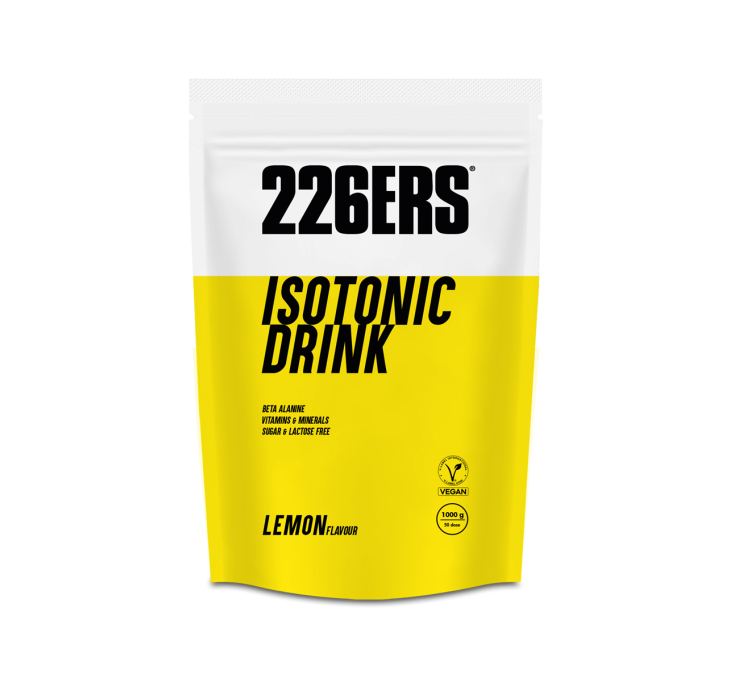
ISOTONIC DRINK - Bebida Vegana Isotónica en polvo
Bebida isotónica, energética formulada con amilopectina, vitaminas, minerales y Beta Alanina.
Su uso está especialmente recomendado para ejercicios físicos intensos o competiciones de una duración inferior a 90´ como hidratación y recarga de depósitos de sales minerales previas a competiciones y recuperación de los niveles de sales minerales después del ejercicio físico.
Apta para veganos, sin gluten, sin lactosa y sin azúcar favoreciendo la total asimilación de los nutrientes.
How to recognise dehydration signs
Dehydration begins with mild symptoms such as dry mouth, fatigue or concentration loss. If dehydration worsens, cramps, dizziness, headaches and even nauseas can appear. It’s important to identify these signs quickly and take action by drinking suitable fluids in small amounts on a regular basis.
Hydration strategy according to the type of competition
Each kind of competition has different hydration requirements. High intensity causes body temperature to increase more, hence requires more liquids, whereas long distance, besides having a lower sweat rate, can cause a greater liquid requirement due to the event lasting longer.
At a strategic level, it’s also important knowing the possibilities of having liquids and the number of water stations throughout the event. A cyclist can carry bottles on the bicycle, whereas a marathon runner must wait for the event’s existing water stations, hence it’s key not only knowing the amount of liquid intake per hour, the time between water stations to be able to replenish the necessary amount of water, and plan it beforehand.
Plan your hydration strategy according to the weather and event duration.
In competitions such as marathons or triathlons, hydration not only depends on its length, also on the weather conditions. Under hot and humid conditions, liquid requirements increase and in order to set a proper hydration strategy, the first thing that must be known is the sweat rate (litres per hour). Once this rate is known, which is individual to every athlete, in conditions similar to those of the competition, it will be possible to plan the amount of necessary liquid to be replenished, to avoid a loss over 2% of body weight.
These rates can go from one litre per hour up to 2.5 litres per hour under extreme conditions.
Common hydration mistakes during long competitions
- Not drinking enough: Waiting to be thirsty and not drinking from the beginning of the event, or drinking much less than the athlete’s sweat rate, causes progressive dehydration.
- Choosing the wrong drinks: Drinking only water, without restoring electrolytes, or drinks with an inadequate composition that cause gastrointestinal problems.
- Drinking too much: excess water without electrolytes can cause a dangerous condition named hyponatraemia, which occurs when blood sodium levels are far too low.
Frequently Asked Questions:
How much water must I drink before a long distance competition?
Being in an optimal hydration condition, it’s suitable to drink between 500 to 750 ml of liquid at least 30 to 90 minutes before the event.
Which are the best liquids to prevent dehydration during a long competition?
Isotonic drinks are an excellent option since they contain electrolytes that help keeping the body’s liquid balance and provide carbohydrates, essential to keep effort intensity.
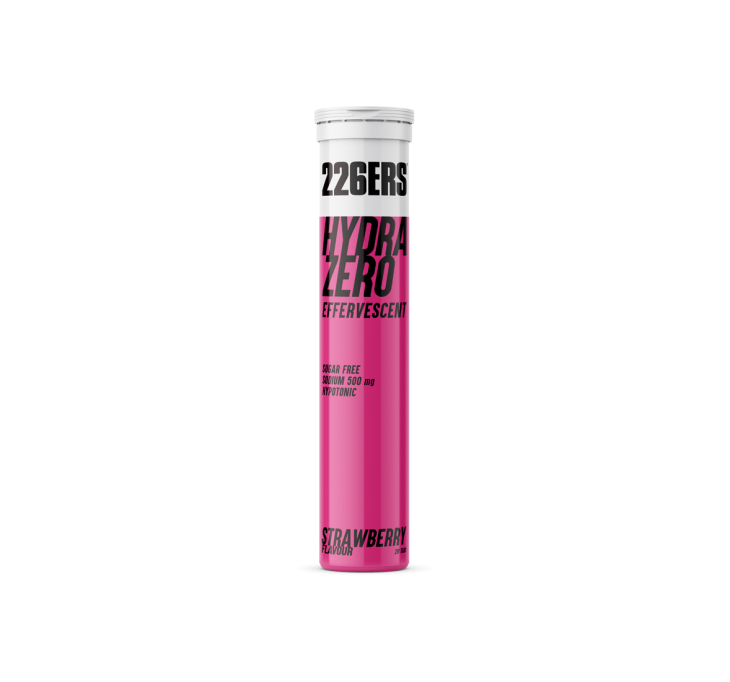
HYDRAZERO EFFERVESCENT - Sales minerales
HYDRAZERO EFFERVESCENT, se presenta en formato de tabletas efervescentes que se disuelven completamente en tu bidón, ayudando a reponer las sales minerales durante el ejercicio.
Su práctico formato y fácil transporte garantiza un aporte constante de nutrientes esenciales para un rendimiento óptimo durante la actividad deportiva
Can I substitute water for sweetened drinks to hydrate myself better?
Yes but these drinks must be isotonic drinks with an adequate composition. Sweetened drinks such as soft drinks might not satisfy these requirements.
What supplements must I take to prevent dehydration during a competition?
Electrolyte supplements and isotonic drinks are the most effective to prevent dehydration during long competitions. Hypotonic drinks can favour hydration during the days before and after the exercise.
Which foods help to stay hydrated?
Foods such as fruits and vegetables rich in water, like watermelon, cucumber and tomato, help keep the body hydrated. In any case, drinking plenty of fluids frequently is key to maintaining adequate hydration levels.
Conclusion
Dehydration is one of the most critical (and preventable) factors affecting performance in long competitions. A wise hydration strategy (before, during, and after the event), not only improves performance, but also protects your health and reduces the risk of injury. Hydrating properly isn’t just about drinking water, but also replenishing lost electrolytes. Practise your hydration strategy as part of your athletic preparation.
